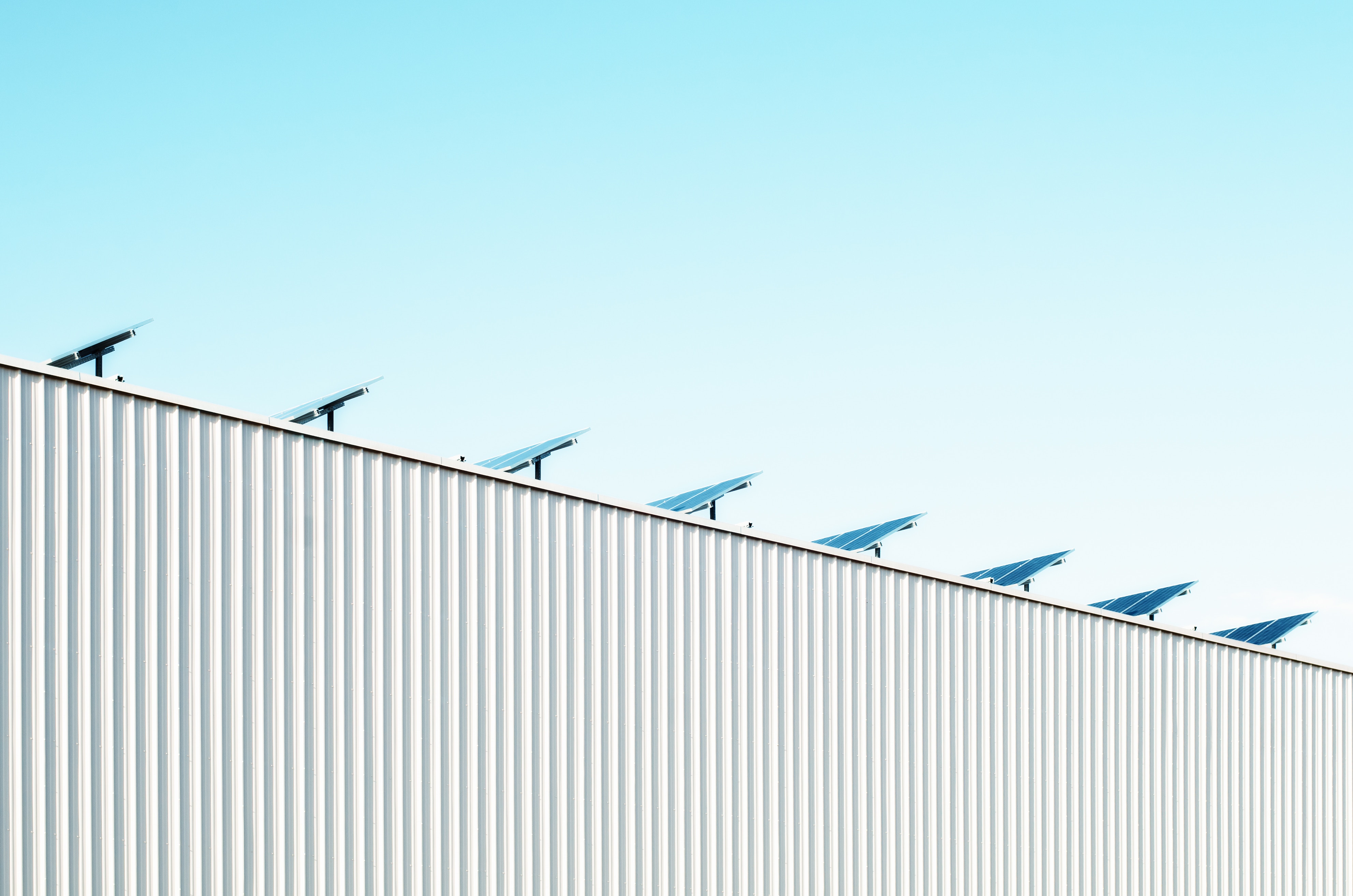As time passes and your family grows – you might find yourself in a situation where you don’t have enough space for your belongings anymore. And that can become a major problem if you wait too long. Well, know that you are not alone in this. Not having enough space on your hands is something that can happen to anyone – and it usually does. More and more Americans are looking for storage solutions these days. However, finding one isn’t as easy as it seems. There is a slight possibility you will run into some problems, such as not having enough time on your hands or even not knowing what items are not allowed in self-storage. But – don’t worry! That’s precisely why Verified Movers are here today – to help you find the solution to all your storage-related problems!
Why do people need additional storage space?
The first step almost everyone makes when facing the problem of not having enough space is – you have guessed it – trying to find some additional space in their homes. And yes, this is a smart move to make. But, after not so long, you will come to realize that stuffing your belongings wherever you can isn’t the right thing to do. Why? Well, no one likes having all that mess around them. And once you realize that, you will be ready to take the next step. And no, it’s not thinking about what items are not allowed in self storage – you are not quite there yet.
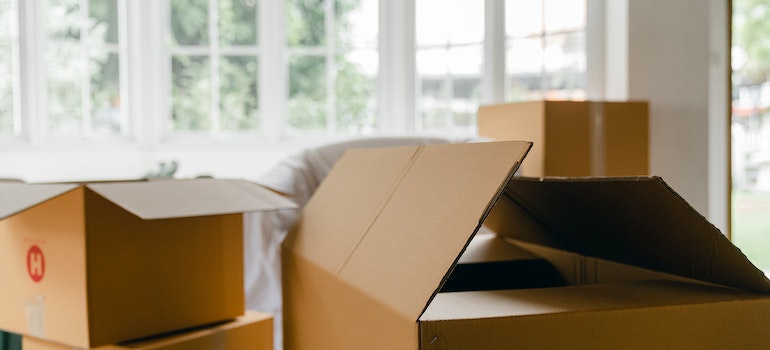
What do you need?
Think about your needs. Let’s face it, everybody is looking for something different. You are as unique as everybody else is. And with that comes yet another problem – finding the custom solution for your self-storage problem. Let’s start at the beginning:
- Go through your house and make an inventory. List all the items that you would like to move to the storage facility.
- Declutter. Make sure you get rid of unnecessary items before paying for their safekeeping.
- Pack your belongings. And in a safe manner. Make sure you use some professional packing supplies in order to prevent any damage. Follow our packing guidelines, and we are confident you will finish this task hassle-free!
- Label every box with its contents.
- And once you finish all these tasks – it’s time to start looking for a storage facility that satisfies all your needs.
How to find a storage facility that meets your criteria?
Well, the first thing you should do is make a plan. Think about your needs. And after you do – set your criteria. Your and your belonging’s safety comes first, so make sure you find the best possible solution. Look for the best of the best, and never settle for anything less.
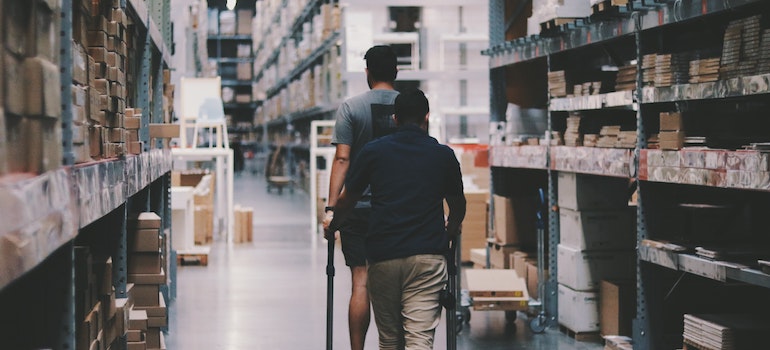
Make a plan
You will need a solid strategy before considering what items are not allowed in self storage. Think hard. And then – do it once more. Consider all angles. Are you planning on storing your items for the long or short term? What are your expectations? How much are you willing on spending?
Calculate your budget
Prepare yourself financially. You should try and calculate your budget so that there are no unpleasant surprises. Ask yourself how much are you able to spend on storing.
How to calculate the costs?
”How much does storing your items cost?” is a common question. It comes to the minds of all who are planning on it. But – how to calculate the exact amount of money you will need to prepare? Well, the answer depends on 2 very important factors:
- Accessibility.
- Location.
These two factors are closely related, and they both influence the final price. If the storage facility of your choosing is located somewhere outside the city lines, the chances are – you will get a much better deal. Accessibility – well, if you are planning on renting a storage unit that you can access at all times you will have to pay for it. So, if you are thinking about saving some money on the side, make sure you get well-informed before signing any deals.
So, what items are not allowed in self storage?
It doesn’t matter if you are moving from Arizona, New Mexico, or any other state, know that in each state, there are some items you can’t store even if you want to. These items may pose a risk to yourself, others, or the storage facility itself. It’s important to note that many storage facilities have specific rules and restrictions regarding what can and cannot be stored on their premises. Before selecting a storage unit, be sure to check with the facility to ensure that your items comply with their policies. But, what are these forbidden items?

Hazardous materials
No need to explain any further. If it is dangerous, flammable, or poisonous – the chances are your storage facility manager won’t sign off on you storing it at their unit. Hazardous materials are strictly prohibited from being stored in storage units. These materials include chemicals, explosives, and flammable items that can cause serious harm or damage if not stored properly. In fact, failure to properly store these materials can even violate local laws and regulations. It’s important to note that hazardous materials must be handled with extreme care, as even small amounts can pose a significant risk to both people and property. They require special handling, storage, and disposal procedures to prevent accidents, spills, or leaks that can have serious consequences.
If you have hazardous materials that you need to store, it’s important to find a specialized storage facility that is equipped to handle these materials safely. These facilities have the necessary equipment, staff, and procedures in place to ensure that the materials are stored securely and in compliance with all applicable laws and regulations.
Unregistered vehicles
It’s pretty simple – if you don’t own it, you can’t store it. This goes for all kinds of motor vehicles. In order to store one, you will need to register it in your name. This is because unregistered vehicles can cause legal and safety issues.
When a vehicle is unregistered, it means that it does not have a valid license plate or registration, and may not be in compliance with state or local laws. This can lead to fines or penalties if discovered by law enforcement or local authorities. In addition to the legal risks, unregistered vehicles can also pose safety hazards. These vehicles may not be insured or may not have passed required inspections, increasing the risk of accidents or breakdowns that could cause harm to people or property. Registered cars are a different story, you can prepare your car for storage and leave it safely there until you need it.

Perishables
This one goes for every item that can attract bugs, and rodents and encourage mold or bacteria to grow. Perishable items such as food, plants, and living organisms should never be stored in a storage unit. This is because these items are susceptible to spoilage, odors, and pest infestations, which can create serious problems. If you are planning on storing food, think again. This rule might bother you, but it is there for your own safety and protection. You will want your items to be safe at all times, and if anything rots – safekeeping won’t be possible. Plus you can prepare your kitchen for the move without wasting your food.
When perishable items are stored in a storage unit, they can quickly spoil due to temperature fluctuations and lack of proper ventilation. Spoiled items can create unpleasant odors that can spread to other items stored nearby, making them unpleasant to use or even unusable. The resulting odor can be difficult to remove and may require professional cleaning. In addition to spoilage and odors, storing perishable items can also attract pests like rodents and insects. These pests can damage your belongings and create health hazards, making it necessary to take extra measures to prevent infestations. In some cases, storing perishable items may also violate local health and safety regulations, which can result in fines or other penalties.
Pets
If you need to store your belongings, it’s important to find safe and appropriate accommodations for your pets. Leaving pets of any kind in a storage unit is not recommended and can pose serious health and safety risks. Storage units are not designed or equipped to accommodate pets, and they can become stressed, overheated, or suffocated in this type of environment. In addition, leaving pets in a storage unit can violate local animal welfare laws and may result in legal consequences. To ensure the well-being of your pets, it’s best to find alternative solutions for pet care when you need to store your belongings. There are also easy tips to make moving with pets easy so you don’t have to stress.
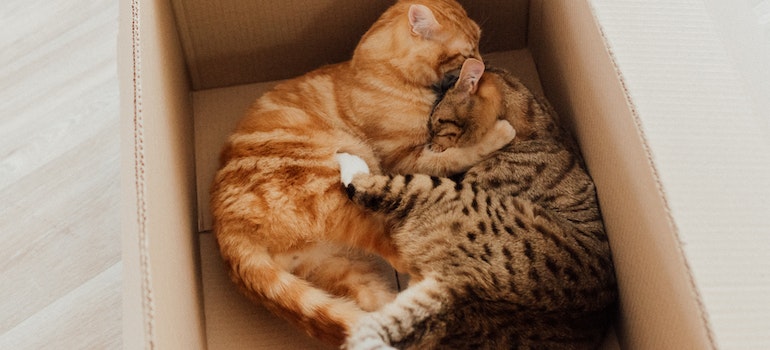
Weapons
If it can put you or anybody else in a dangerous situation – you can’t store it legally. And that’s for a good reason. You wouldn’t want to endanger anyone, so think twice before storing your firearms. So, even if some states, like Texas, have loose gun laws, it mostly doesn’t apply to storage units. When moving with long distance moving companies Texas, you won’t be able to store firearms.
How to organize your storage unit?
Organizing your storage unit can be a challenging task, but there are some simple tips for packing and organizing a storage unit that can help you make the most of your space and keep your belongings safe and accessible. One of the first things you should do when organizing your storage unit is to categorize your items. Grouping your items by categories such as seasonal items, household goods, and sentimental items, can help you pack and organize your belongings in a logical manner. Another tip is to label your boxes with the contents and the room they came from. This can help you find what you need quickly and efficiently, without having to sift through every box in your storage unit.
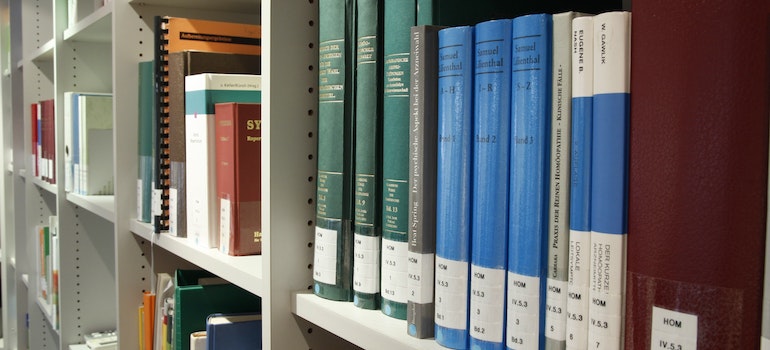
Creating a floor plan for your storage unit can also be helpful. By visualizing how your items will fit and where they will be placed, you can determine the best way to stack and arrange your boxes. This can also help you determine whether you need to invest in shelving to maximize your vertical space. Speaking of shelving, installing shelves can be a great way to keep your items organized and off the floor. This can also help prevent damage to your belongings caused by moisture or other environmental factors. Finally, be sure to keep frequently used items accessible by storing them near the front of the unit. And, If you’re still unsure what items are not allowed in self storage, make sure you contact your moving company and ask them this question. You don’t have to stress about it!
